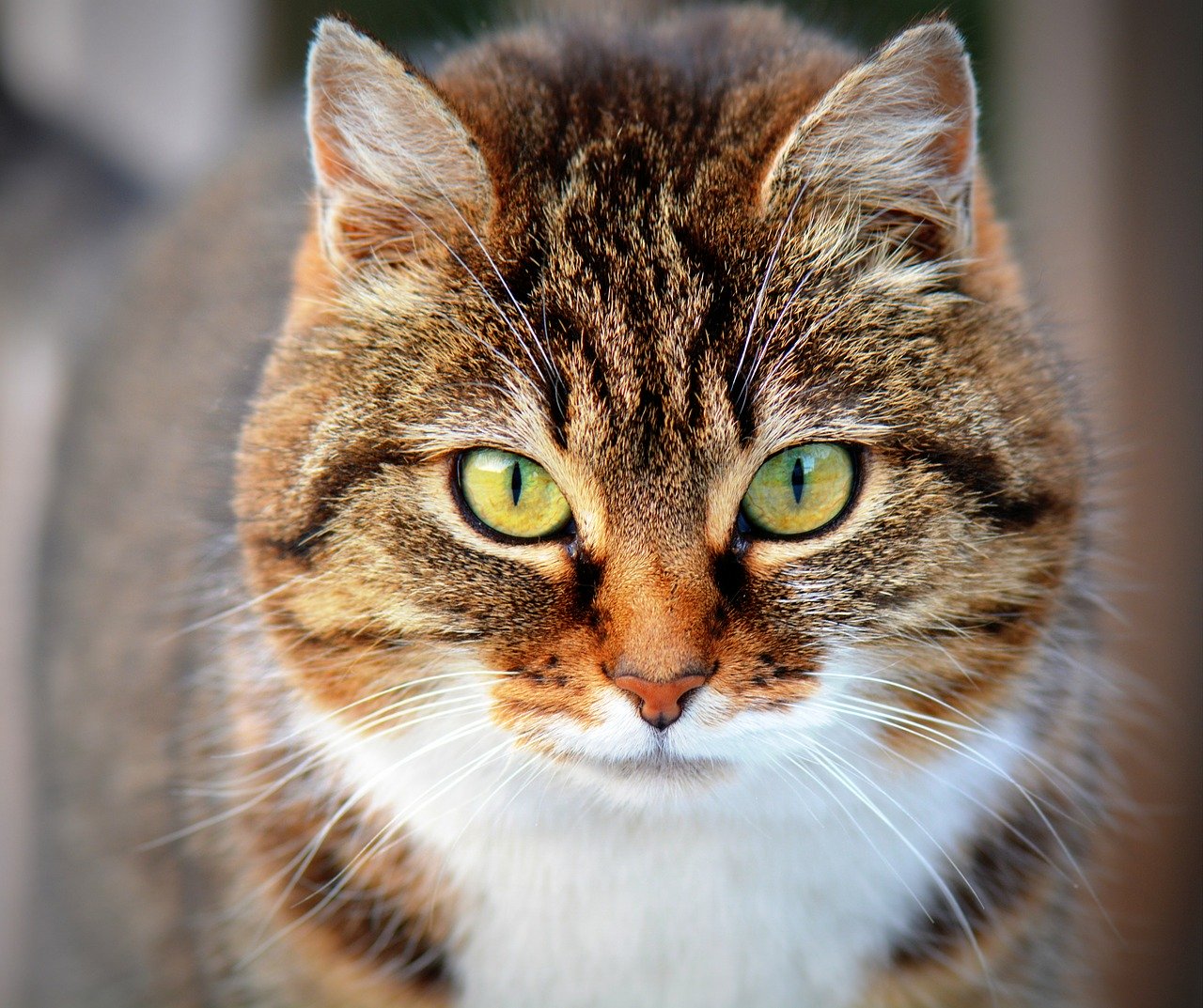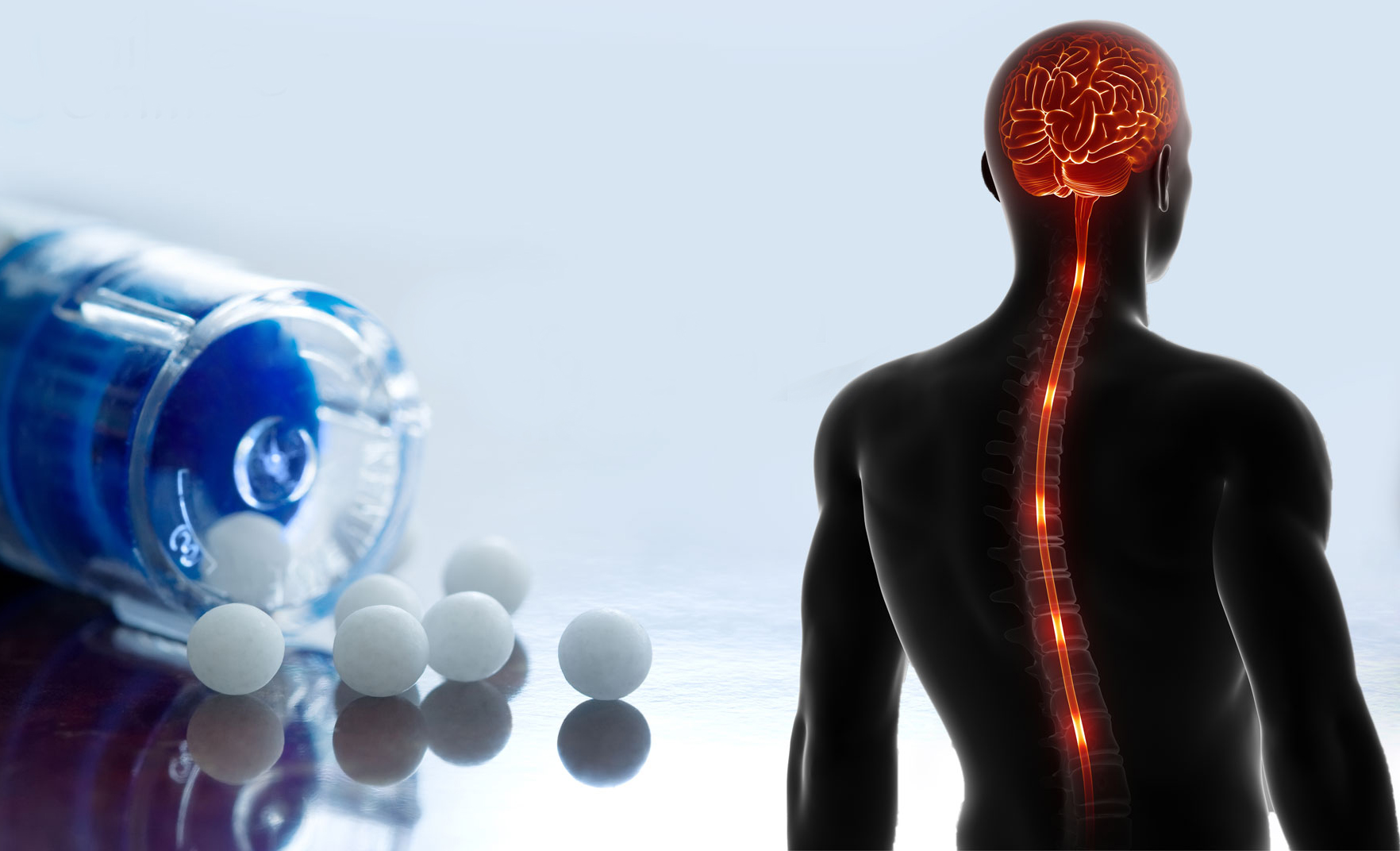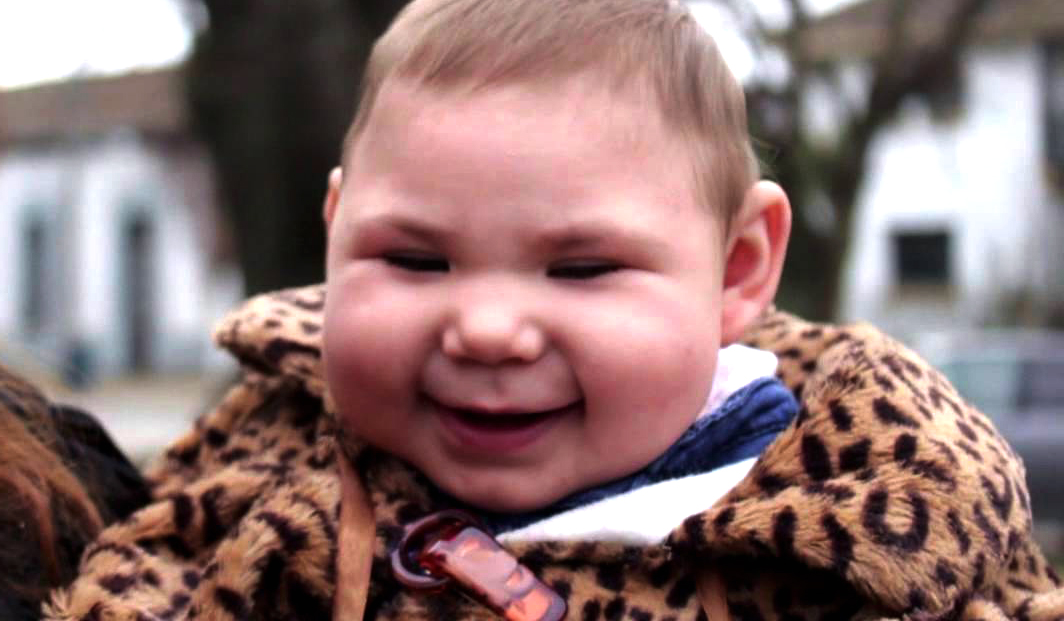[et_pb_section bb_built=”1″][et_pb_row][et_pb_column type=”4_4″][et_pb_text _builder_version=”3.13.1″]
Phenylketonuria is a hereditary disease, also called PKU, which is an alteration of metabolism in which the body is unable to break down an amino acid called phenylalanine, which is found in most foods.
This causes the body cannot metabolize in the liver the amino acid tyrosine that is formed from phenylalanine.
PKU is a disease of very low incidence, approximately one in every 15,000 born. Its inheritance is autosomal recessive, that is, that the mutation of the phenylalanine hydroxylase gene of the two parents must be inherited. This happens because people with phenylketonuria lack the enzyme phenylalanine hydroxylase (FAOH), which causes an increase in the blood concentration of phenylalanine, by preventing it from transforming to tyrosine. In addition, as a consequence of this deficiency, an alternative metabolic pathway is activated that produces a series of components: phenylpyruvate, phenylactate and phenylacetate. These components are harmful to the body and cause damage to the central nervous system and brain. The prognosis can be good if it is detected properly and early and a treatment is established on time, based mainly on the follow-up of a strict diet low in phenylalanine.
The fundamental cause of phenylketonuria (PKU) is the deficit of phenylalanine hydroxylase. This conditions that the conversion of phenylalanine into tyrosine is altered and therefore there is an increase in blood of phenylalanine and its products, mainly phenylacetate and phenylactate. Tyrosine levels may remain normal or low in patients with PKU.
The consequences of this metabolic alteration are that high levels of phenylalanine will interfere negatively in the growth and maturity of the brain, in the production of nerve transmitters and in myelination (a fundamental substance for the proper functioning of nerve connections). Between three and six months babies lose interest in the environment, and after six months the delay of mental development is evident. After a year, there is a significant delay in its development. Most patients are severely or profoundly deficient, and sometimes the average deficiency is reached.
The symptoms that babies with phenylketonuria present are usually:
- Psychomotor retardation.
- Psychotic pictures of autistic type.
- Convulsions.
- West syndrome.
- Very rebellious facial eczema.
- Head size noticeably lower than normal.
- Spasmodic movements of arms and legs.
- Mental retardation.
- Tremors.
- Unusual posture of the hands.
Routine metabolic tests are performed on newborns to determine if they have PKU, usually by a heel stick shortly after birth.
Foods that have phenylalanine: breast milk, cow’s milk, eggs, chicken, pork, sardines, prawns, mackerel, grouper, cereals, asparagus, carrots, beans, rice, coke, veal, salmon, potatoes, flour, dietary foods with aspartate, artificial sweeteners.
Always take care of your health with a unique and efficient service. Visit Pharmamedic.
[/et_pb_text][/et_pb_column][/et_pb_row][/et_pb_section]





